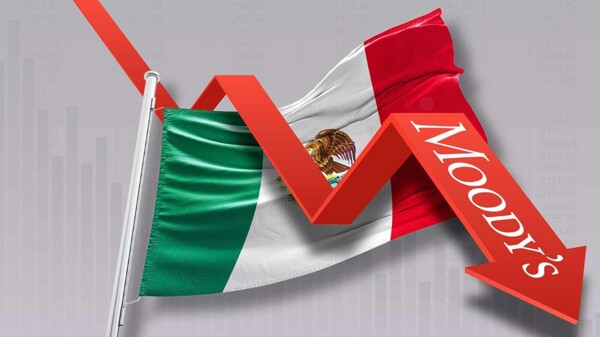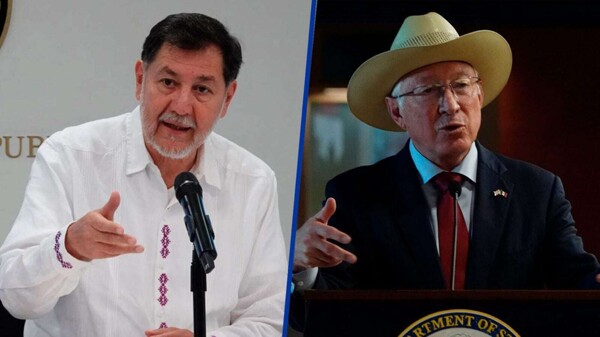
The Chamber of Deputies approved the creation of new secretariats at the federal level, both in general and in particular. These new secretariats will replace some existing ones, such as the Secretariat of Public Function, and will address various key issues. The initiative, presented by President Claudia Sheinbaum and several legislators, aims to make adjustments to promote more inclusive language, changing, for example, "President or Federal Executive" to "holder of the Federal Executive."
During the discussion of the opinion proposing a restructuring of the Federal Public Administration, deputies presented their arguments for and against in the chamber.
One of the newly approved secretariats is the Secretariat of Anti-Corruption and Good Governance, which will be responsible for issues such as transparency, access to public information, personal data protection, professionalization, and public integrity, among others. Meanwhile, the Secretariat for Women will focus on establishing and coordinating the implementation of policies for women, adolescents, and girls, addressing aspects such as gender equality, violence prevention, and the Care System.
The Secretariat of Science, Humanities, Technology, and Innovation will ensure access for all to the benefits of scientific development, humanistic progress, and technological innovation, coordinating research and development projects. On the other hand, the Digital Transformation and Telecommunications Agency will provide technological tools for citizens to exercise and demand their rights, in addition to managing information and adopting digital authentication measures.
In addition to the creation of these new secretariats, adjustments were made to regulations and powers of other existing ones, such as Finance, Governance, Foreign Relations, Health, Culture, and Public Education, among others.














